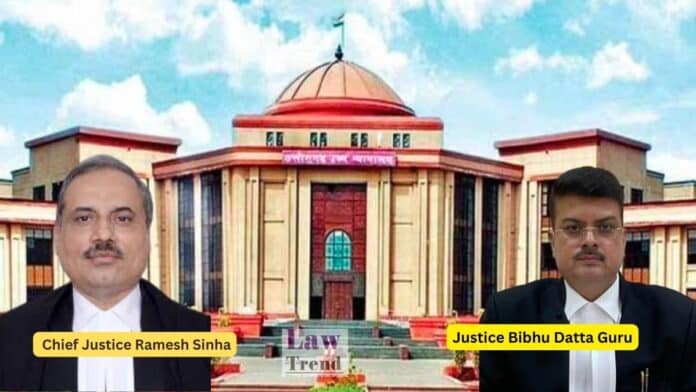The Chhattisgarh High Court has ruled that trial courts have the authority to grant pardon to an accomplice in order to secure truthful testimony, even if the person is not in custody, under Section 307 of the Criminal Procedure Code (CrPC) (now Section 344 of the Bharatiya Nagarik Suraksha Sanhita, 2023). The Court set aside
To Read More Please Subscribe to VIP Membership for Unlimited Access to All the Articles, Download Available Copies of Judgments/Order, Acess to Central/State Bare Acts, Advertisement Free Content, Access to More than 4000 Legal Drafts( Readymade Editable Formats of Suits, Petitions, Writs, Legal Notices, Divorce Petitions, 138 Notices, Bail Applications etc.) in Hindi and English.




